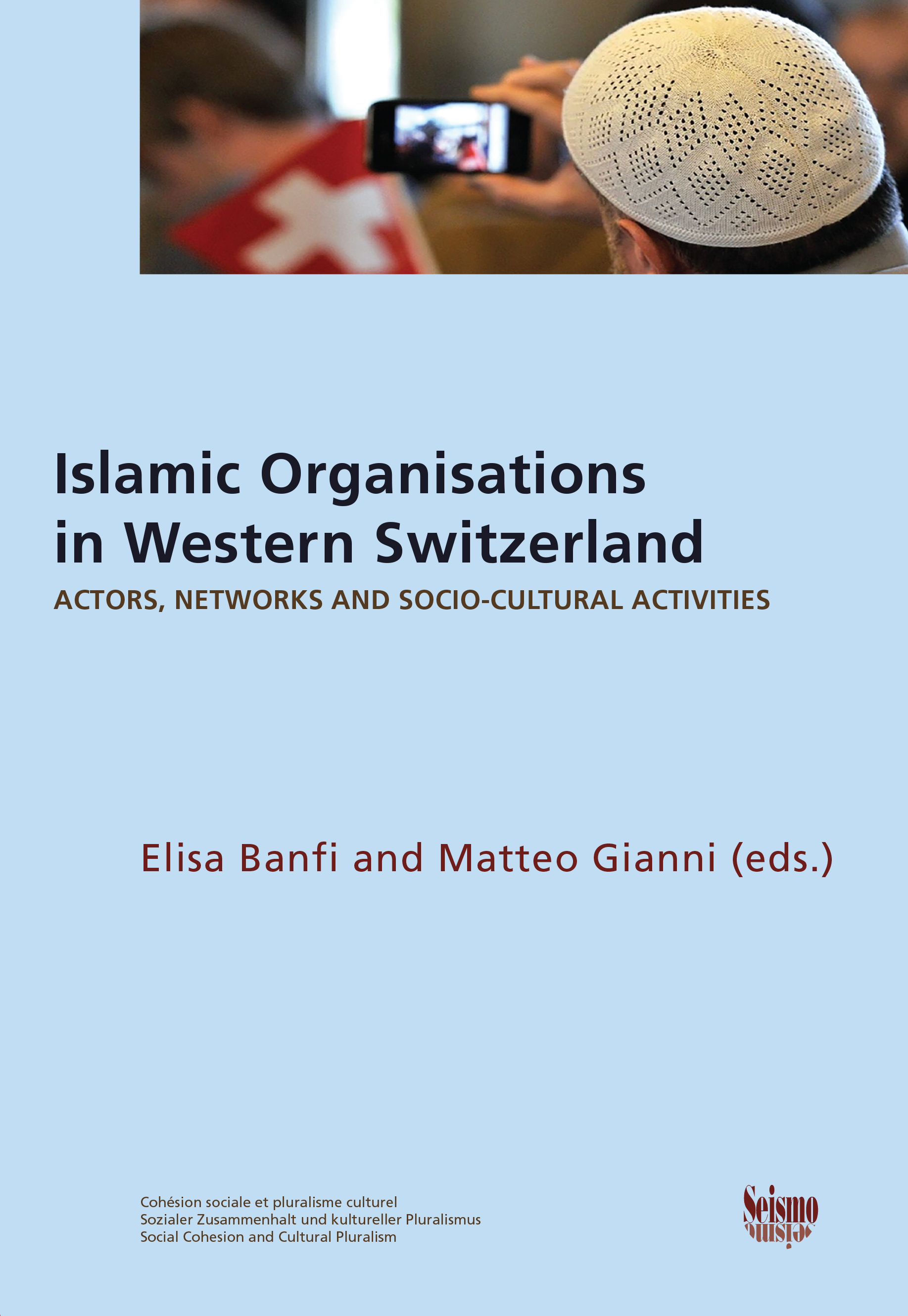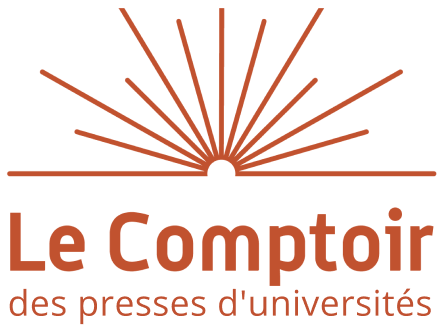
Islamic Organisations in Western Switzerland
Actors, Networks, and Socio-Cultural Activities
Elisa BANFI,Matteo GIANNICollection
Cohésion sociale et pluralisme culturelEditeur
Editions SeismoDate de publication
7 décembre 2023Résumé
This book shows how, over the past forty years, Islamic organisations in Western Switzerland have established themselves and organised at both the cantonal and national levels. Based on empirical observations, the chapters demonstrate that, contrary to what is often believed, Islamic organisations do not focus their activities only on religious activities. Instead, by improving their deliberative practices, they have facilitated cultural, social, and religious activities while promoting social justice, political recognition, and equality of opportunity, often with programs aiming at reaching beyond the Muslim audience. In particular, the book shows how these organisations have attempted to translate their religious worldview into practices that align also with secular v ...
Lire la suite
FORMAT
Livre broché
43.00 €
Ajout au panier /
